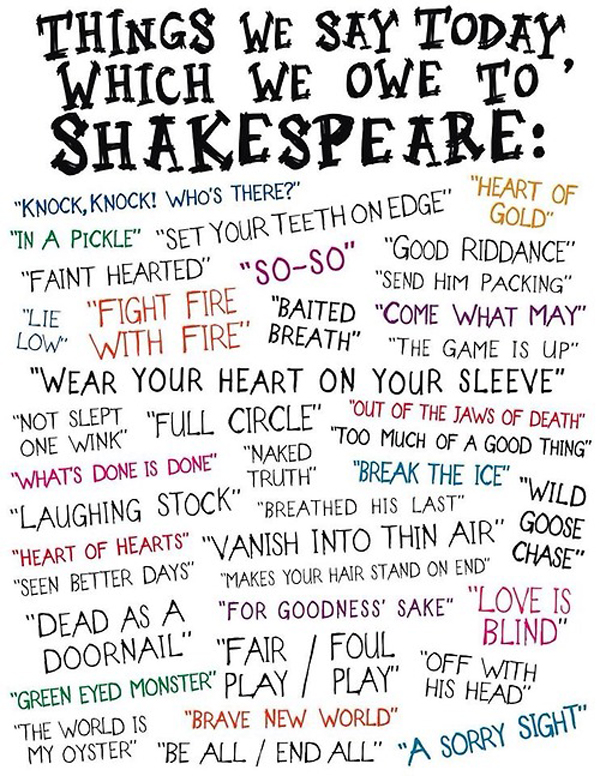I’m often struck by the power of words scattered through our homes, on everything from cushion covers to postcards, tea towels to mugs. Mine is no exception, as you would expect from a writer.
(If you are ever stuck for what to buy that special someone, literary gifts make a great present: The Literary Gifts company, for example, have made a whole business out of it.)
We take pleasure from words, whether they evoke a memory or make us laugh. Everyone loves a witty phrase – can you work out who wrote these (see answers below)?
“To lose one parent may be regarded as a misfortune; to lose both looks like carelessness”
“And she’s got brains enough for two, which is the exact quantity the girl who marries you will need”
“I refuse to answer that question on the grounds that I don’t know the answer”
Our emotional response to words is a powerful tool for wordsmiths. If they get it right it translates into commercial value. A well written sales pitch, advert or website will persuade us to part with our cash.
And I can’t write this piece without a mention of Shakespeare. The Globe Theatre shop is proof that Shakespeare was the finest copywriter who ever lived … or at least, his great lines have been turned into magnificent merchandise. Here’s a little reminder of the everyday phrases we use that have their origins with Shakespeare.

Answers – who wrote the phrases:
“To lose one parent may be regarded as a misfortune; to lose both looks like carelessness” — Oscar Wilde, The Importance of Being Earnest
“And she’s got brains enough for two, which is the exact quantity the girl who marries you will need” — P.G. Wodehouse, Mostly Sally
“I refuse to answer that question on the grounds that I don’t know the answer” — Douglas Adams, The Hitchhiker’s Guide to the Galaxy


